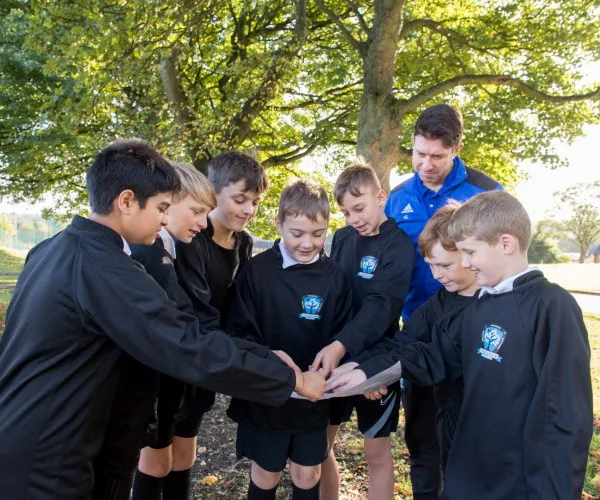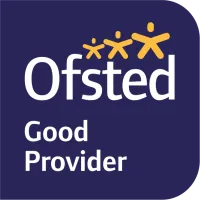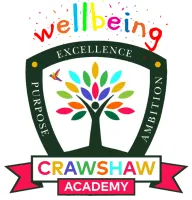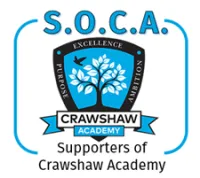- Learning at Crawshaw
- Year 11 Revision
- The Crawshaw Curriculum
- Personal Development
- Subjects
- Homework/Independent learning
- Remote learning
- Exams Information
- Learning Resource Centre
- Post 16 Provision
- Future Ready/CEIAG
- Post 16 Provision
SMSC in Food and Nutrition
Spiritual education in Food and Nutrition involves giving students the opportunity to react to, reflect on, and wonder at the contribution of past generations to the simplicity and variety of resources available to them.
Moral education in Food and Nutrition involves developing students' understanding of the ethical implications of food choices and promoting responsible and informed decision-making. Moral education in this context encourages students to consider the broader impact of their eating habits on health, society, the environment, and the economy.
Social education in Food and Nutrition enhances students’ ability to co-operate together through activities such as creating and making. It also gives new and different goals in order to make something unique and helps students to assess objects in terms of usefulness, beauty, taste and cost effectiveness. This creates awareness that simple solutions can be used to solve complex problems.
Cultural education in Food and Nutrition allows students the opportunity to value artefacts and foods from their own culture and from other cultures. They compare similarities and differences between how things were made or cooked in the past compared with how they are made today.
Examples of Spiritual, Moral, Social and Cultural Education in Food and Nutrition include:
-
Students producing a wide range of food dishes from various cultures and encouraging them to discuss the historical, cultural and geographical contexts that have created this diversity
-
Explore farming practices such as free-range, organic, and factory farming. Discuss the ethical considerations regarding animal treatment and welfare.
-
Examine how food production affects the environment, including issues like deforestation, carbon footprint, and water usage.
-
Learn about fair trade principles and how they support farmers and workers in developing countries.
-
Emphasising the importance of maintaining a balanced diet for overall health and wellbeing.
-
Create personalized meal plans that meet nutritional guidelines; discuss the long-term effects of unhealthy eating habits.
-
Explore how income levels affect access to healthy food options.
-
Budgeting exercises to plan nutritious meals on limited resources; debates on policies addressing food inequality.
-
Challenge stereotypes related to certain foods or diets.
-
discussions on cultural appropriation vs. appreciation in food; reflect on personal biases regarding different cuisines.
-
Develop strategies to minimize food waste at home and school; implement composting programs.
- Learning at Crawshaw
- Year 11 Revision
- The Crawshaw Curriculum
- Personal Development
- Subjects
- Homework/Independent learning
- Remote learning
- Exams Information
- Learning Resource Centre
- Post 16 Provision
- Future Ready/CEIAG
- Post 16 Provision













